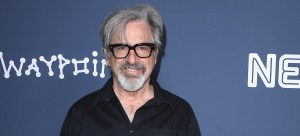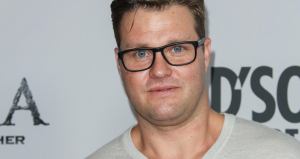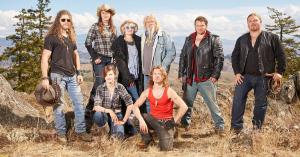Coca-Cola Energy is going the way of New Coke, at least in the U.S. and Canada. The company reportedly plans to stop distributing the energy drink after slow sales in the past year. Coca-Cola Energy launched in January 2020, just two months before the coronavirus pandemic was beginning and Americans were more interested in buying familiar drinks instead of new ones.
Sales of the cola-flavored energy drink missed Coca-Cola’s expectations, according to Beverage Digest, which first reported the move. Coca-Cola Energy was already available internationally beginning in 2019. In October of that year, Coca-Cola announced plans to bring the drink to the U.S. and Canada. The company noted the drink had 114 milligrams of caffeine per can, far more than the usual Coke, which has about 34 mg per can. The energy drink included other staples of typical energy drinks, including B-vitamins and guarana extracts. It was available in four flavors, regular cola, zero sugar cola, cherry, and zero sugar cherry. The cherry flavor was only available in the U.S.
Videos by PopCulture.com
Coca-Cola Energy launched with a Super Bowl commercial in January 2020. However, retailers stopped ordering the drink as pandemic lockdowns began and foot traffic in stores decreased, notes AdAge. Retailers focused on essentials instead of gambling on lesser-known products. Fewer Americans were also stopping into convenience stores, where 70% of all energy drink sales originate from.
“Our strategy is focused on scaling big bets across a streamlined portfolio … As we scale our best innovations quickly and effectively like AHA and Coca-Cola with Coffee, we need to be disciplined with those that don’t get the traction required for further investment,” a company spokeswoman told Reuters. Coca-Cola Energy will remain available in foreign markets where it has succeeded though, the company said. Coca-Cola also has a majority stake in Monster Beverage Corp., which makes one of the best-selling energy drinks in the U.S.
Meanwhile, Coke’s biggest rival, PepsiCo has expanded its presence in the energy drink market through its acquisition of Rockstar Energy in 2020 and introducing new Mountain Dew flavors. The company even nabbed LeBron James, a former Coke endorser, to appear in new Mtn Dew Rise Energy commercials. Just before the pandemic, PepsiCo acquired Rockstar for $3.85 billion and Rockstar’s sales have been on the rise since the deal closed, notes CNBC.








